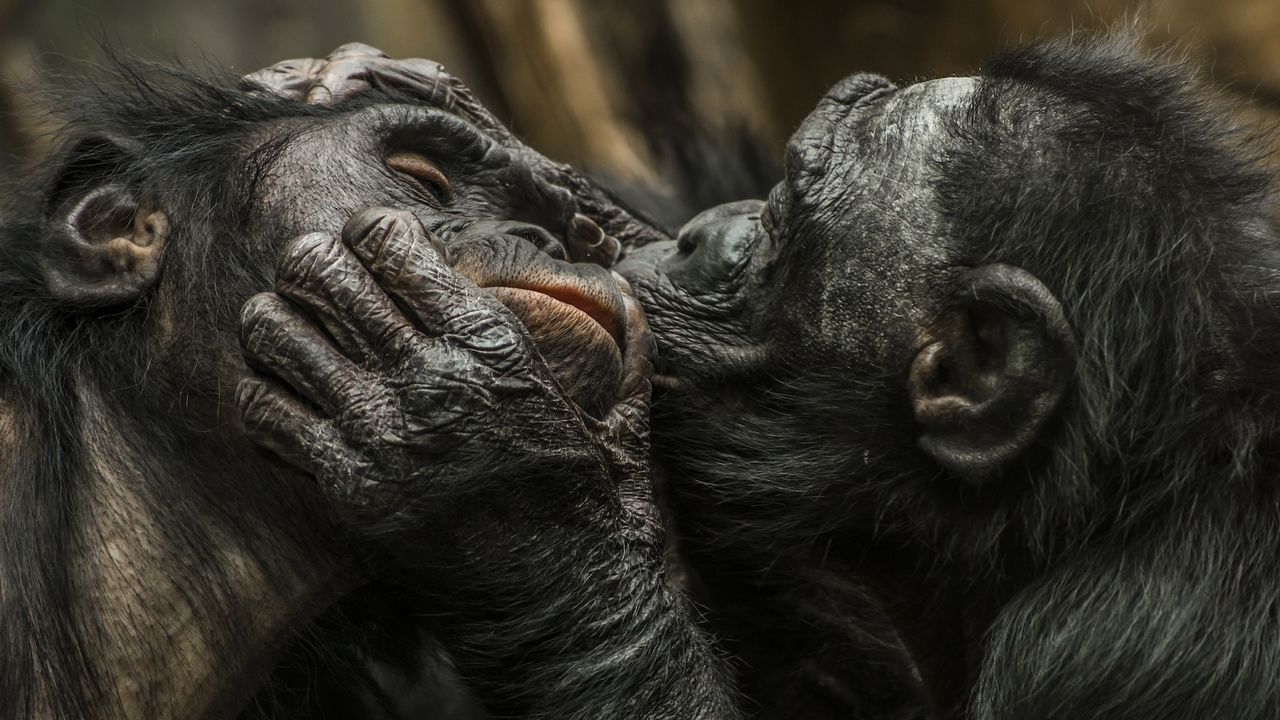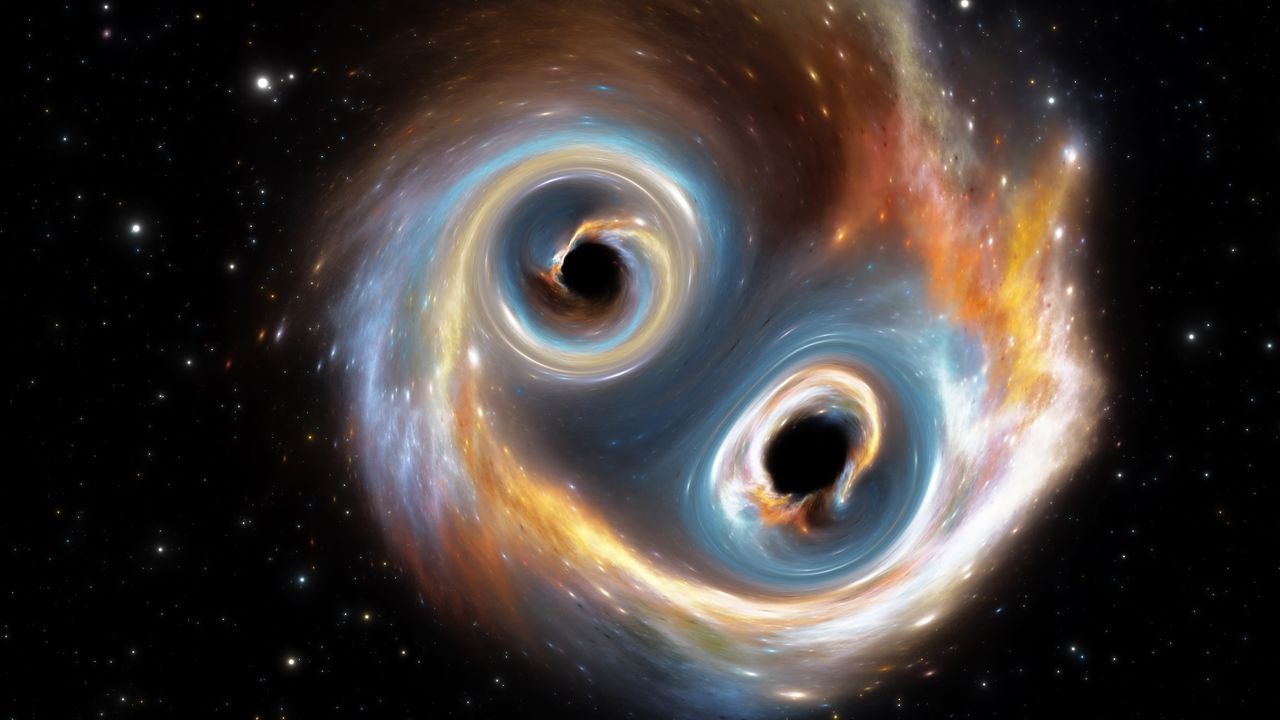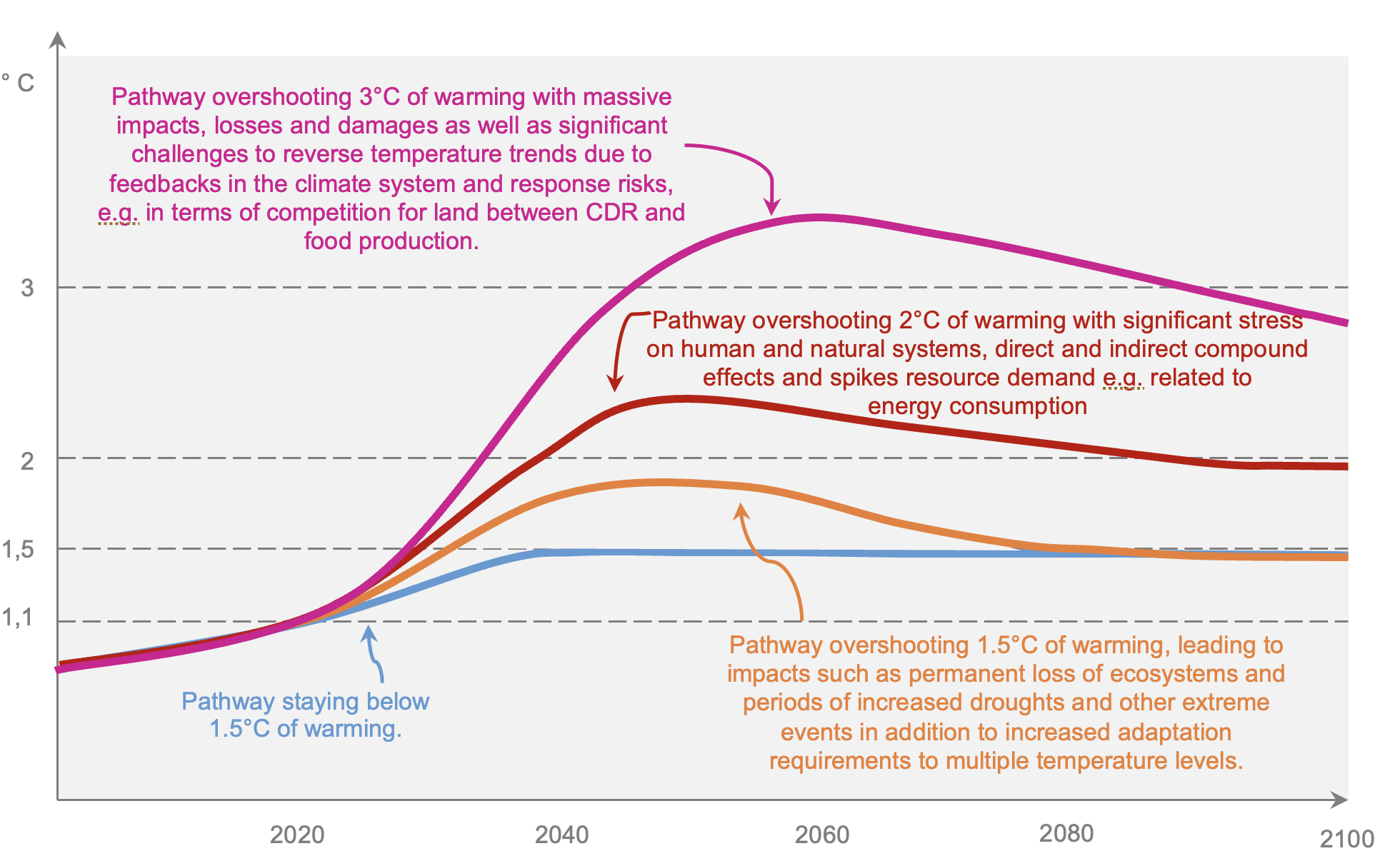Kissing Has Existed for at Least 16 Million Years, Scientists Say
NeutralScience

- Scientists have established that kissing has been part of human behavior for at least 16 million years, indicating its deep evolutionary significance.
- This discovery sheds light on the biological and social functions of kissing, suggesting it may play a crucial role in bonding and communication among species.
- The research connects to broader discussions about the origins of social behaviors in primates, revealing that kissing may have evolved from ancestral practices shared with other large apes.
— via World Pulse Now AI Editorial System





